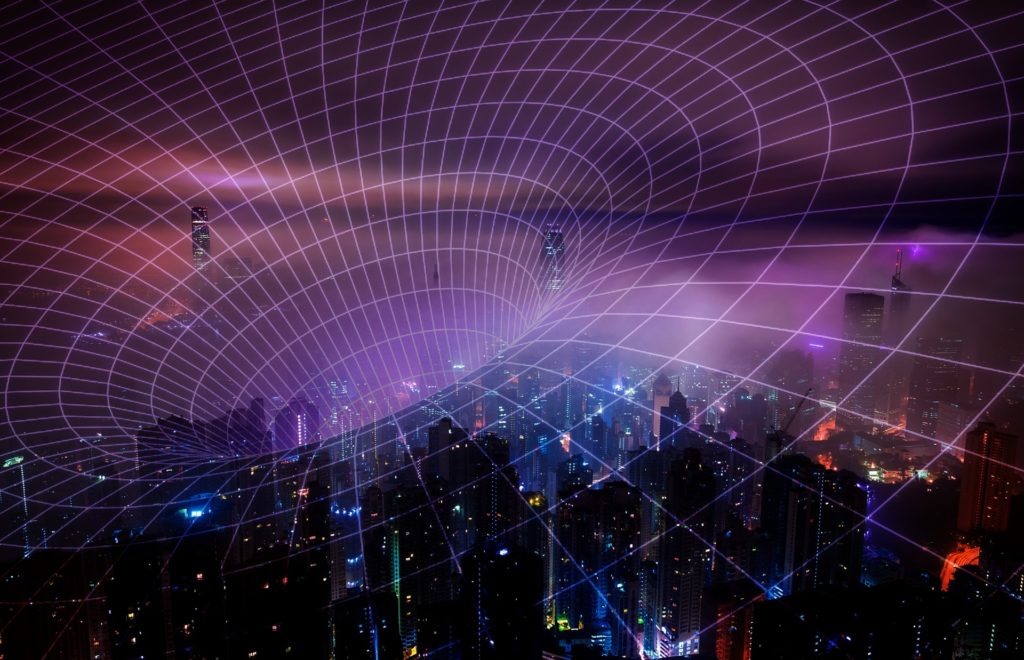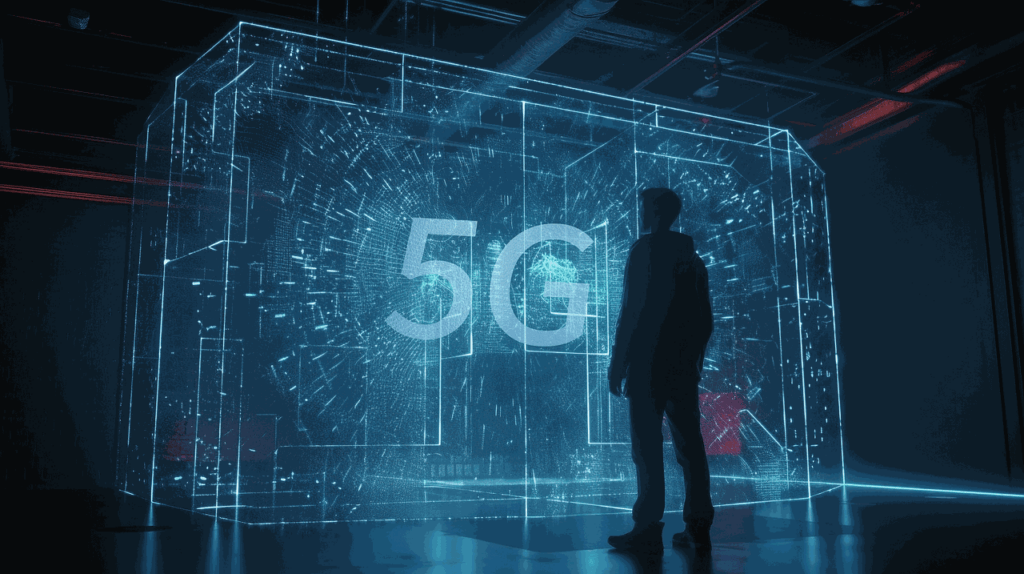When it comes to 5G, do consumers recognize benefits beyond increased speed? Consumers’ first experience of 5G will definitely be a faster, more responsive and consistent experience for the types of things we do today – internet access, streaming video and accessing content seamlessly in the cloud. But as the 5G landscape changes and new disruptive players enter the market in areas like smart cities, IoT and private networks, we’ll see a great deal of innovative offerings.
We recently surveyed 2,000 consumers on their opinions about future 5G experiences. The data revealed that 5G has the power to impact several notable aspects of consumers’ lives, and connectivity players should begin thinking about how they can capitalize on this interest.
More than faster speeds
U.S. consumers understand that 5G is more than about faster downloads: 26 percent said it would provide a better gaming (online and cloud) experience. 64 percent are interested in using 5G for AR/VR experiences around major events like the Super Bowl. 5G’s main advantage here is ability to do things on-the-go that were once tied only to an in-home experience.
While the more futuristic services – driverless cars, VR and AR technology – will take time, we’re starting to see early experiences around augmented reality and growth in cloud gaming from players like Microsoft and Google. There is an opportunity for new killer 5G experiences to be developed to drive demand for 5G, and service providers will be critical in bringing these to life. Being able to deliver and monetize quality of service will be key.
The era of swappable bundles
As part of these new consumer experiences, 70 percent of surveyed consumers are willing to pay more for 5G services as part of their monthly service bundle of pay-TV, phone and internet. While it remains to be seen how much precisely a consumer would pay, it does open a discussion around the future of bundling services.
Various OTT (Over-the-Top) offerings—such as video and gaming—could create an opportunity for a swappable, bundling 3.0 ecosystem. Consumers will be able to switch offerings in and out on the fly, including experiences that couldn’t work over mobile networks previously, like 4K streaming.
5G’s effect on the future of work
Consumers expect 5G to improve their remote work experience by creating a seamless environment that delivers a guaranteed quality of service, potentially provided by a devoted network slice. 61 percent think 5G will create more opportunities to work remotely with ubiquitous access. This aligns with the belief that enterprises will be a driving force in the monetization of 5G.
Enterprises can very well be the vital driving force for 5G monetization opportunities and buildouts. It’s predicted that by 2028, 73 percent of all teams are expected to have remote workers, and 5G can be the critical technology to break down the barriers between physical and virtual workforces.
Preparing for 5G experiences
As 5G begins to take hold in 2020, fierce competition will encourage innovation, disruption, and competition in the worldwide market. For service providers specifically, there is an entire range of technologies that can be monetized to deliver the right experiences to consumers.
But beyond just consumers, enterprises who reinvent their private networks to take advantage of 5G’s capabilities will stand above the competition. This all starts with focusing on the right experiences and moving the conversation beyond just speed.
- Why our Digital Future Needs a Connectivity Coexistence - October 19, 2020
- Beyond Speed, What Do Consumers Want from 5G? - February 12, 2020




Comments are closed.